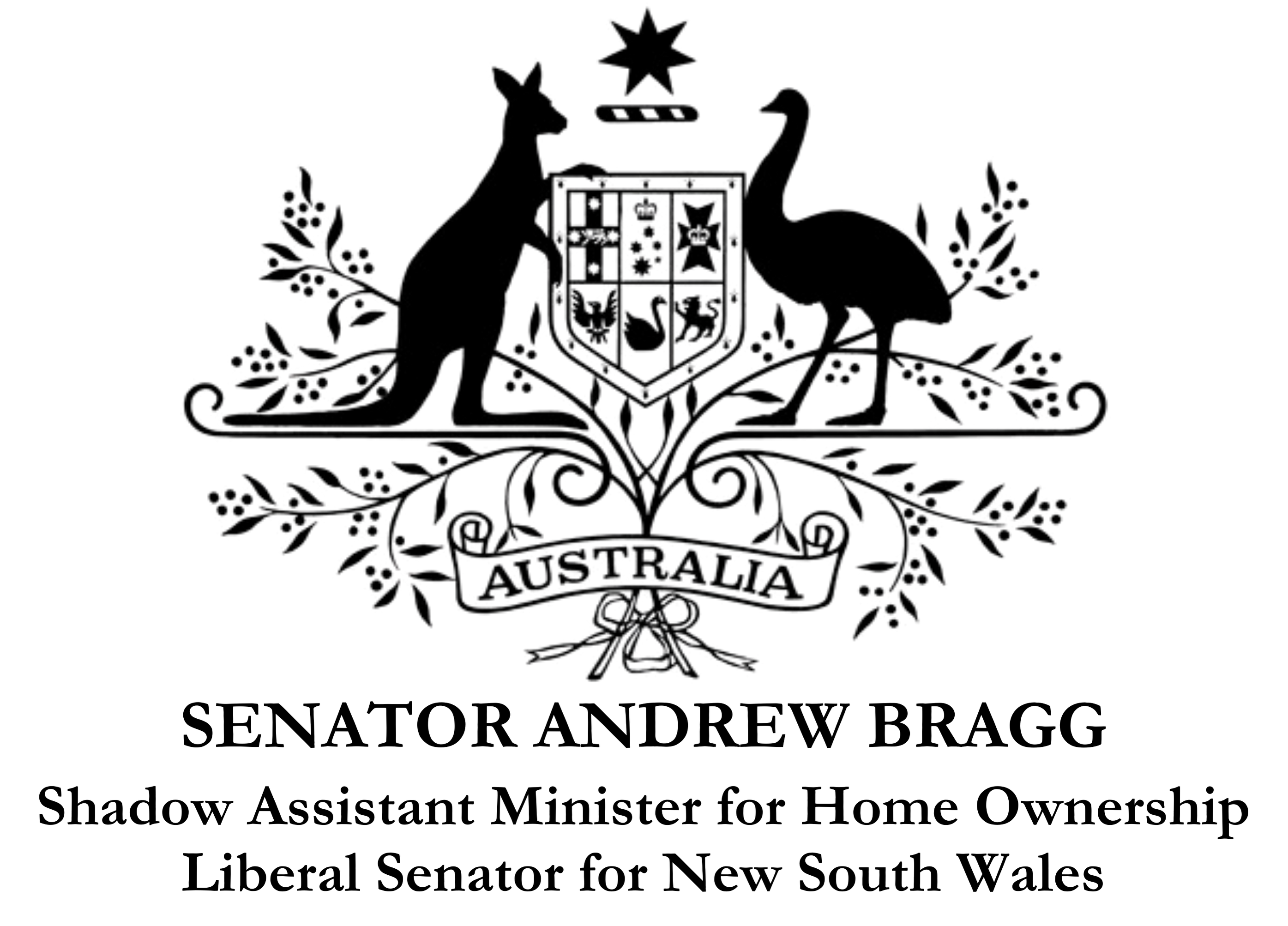Workers pay the price: super fund issues don’t pass the pub test


A reasonable person expects if a business does the wrong thing, the business or the people standing behind the business will pay.
Except this is not the case when it comes to massive financial penalties facing large super funds.
If super funds Cbus and AustralianSuper are issued with $40m-plus in fines arising from current cases, they and their shareholder owners won’t pay. The workers will pay.
Through the Senate’s inquiry processes, we have been able to uncover a troubling range of legal and governance positions that wouldn’t pass the pub test.
As the Coalition’s spokesman for home ownership, I have invested time pursuing the involvement of super fund Cbus in the government’s housing programs.
I figured it was a bad idea to ask Cbus, which is 21 per cent-owned by the CFMEU, for help on housing given the CFMEU has helped cause the nation’s housing crisis. Australians now pay a 30 per cent premium on new apartment buildings due to this organisation.
The fact that a union that has been put into administration is allowed to own a major super fund and put people on its board is ridiculous.
This model where unions, employer groups and financial institutions own super funds is now set to come under further scrutiny.
There is a wicked one-way transaction where the super funds will weasel their way out of paying their own fines.
This all goes back to the Financial Sector Reform (Hayne Royal Commission Response) Act 2020.
This relatively new law amended sections 56 and 57 of the Superannuation (Industry) Supervision Act as the explanatory memorandum says: “Section 56 and 57 of the SIS Act now prevent trustees and directors from using trust assets to pay a criminal, civil or administrative penalty incurred in relation to a contravention of a commonwealth law.”
The law was expressly designed to ensure that members did not pay for the mistakes of trustees.
It sat alongside a range of other reforms that the Coalition delivered to cut duplicate super accounts and place a best financial interest duty for fund members – all opposed by Labor.
The section 56 changes were predicated on the idea that the organisations which own the super fund trusts benefit from the scheme.
Therefore they should be prepared to fund penalties incurred by the trustees.
Labor attempted to water down the law during the last parliament. Now Treasurer Jim Chalmers said there are “substantial issues” with the bill.
In December 2020, the now Assistant Treasurer Stephen Jones said: “(The law) disadvantages not-for-profit funds who could be crippled by a single administrative penalty. This unexpected change creates significant implementation issues for some funds.”
Accordingly, Labor successfully amended the legislation to give another 12 months before the changes applied.
As soon as this law received assent, the super funds took steps to undermine the clear intention of the legislature.
AustralianSuper went to the South Australian Supreme Court to change its trust deed so it could collectively charge its members a fee to establish a “risk reserve”.
This way, the members fund a pool of money available for future fines.
Incredibly, the prudential regulator APRA went along with this approach – again showing the incredible weakness of the Australian financial regulators.
As noted in February 2022 in Investment Magazine: “The court allowed AustralianSuper to amend its trust deed under a formula proposed by AustralianSuper itself. The fund’s application was not opposed by APRA, which registered itself as an ‘interested party’ in the case.”
Cbus did the same. They proudly stated “our matter has reached a positive conclusion”.
APRA told the Senate last week it acted as “a friend of the court”. It certainly didn’t act as a friend of the members.
In other words, after unions and their related parties rip more than $40m per annum out of super, they don’t put any capital aside to support the fund’s risk reserve.
Large sums of money are paid to the CFMEU and other unions but when things go wrong, they go missing.
In the case of Cbus, it has paid $5,847,837 to unions in just the last three years. How much of the possible $20m penalty for failing to pay insurance claims will unions pay? Zero.
In extraordinary testimony to the Senate, the Cbus CEO indicated there were no plans to change the “partnership payments” that Cbus makes to the CFMEU.
While Cbus’s CEO did indeed provide a clear answer on future dividends to the CFMEU, he was unable to shed light on the engagement of Cbus chair Wayne Swan with Chalmers.
Swan has been engaging with the government on behalf of the fund on housing and regulation issues. As we could not get satisfactory answers on Swan’s Cbus activities, the Senate will have to hear from Swan.
Ultimately, it seems Cbus can’t pay insurance claims, can’t get its shareholders to pay fines but always finds a way to keep paying unions – even unions in administration.
This is an unsustainable position, which the Senate will continue probing.
Labor seems blind to these issues due to its proximity to the super funds. Australians will see it for what it is.
Senator Andrew Bragg is Coalition home ownership spokesman


.png)
.svg)

.svg)
.svg)